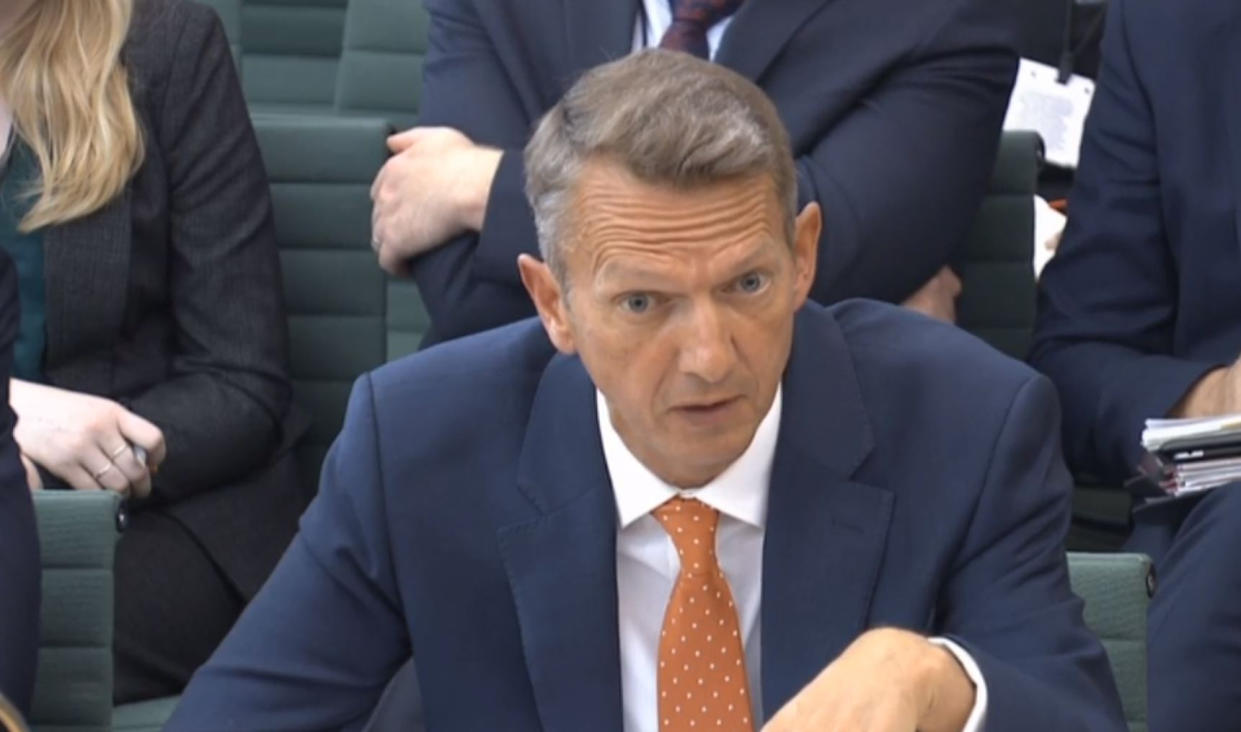Sterling spikes as BoE's Haldane says wage increases may be needed to get people back to work

The Bank of England's (BoE) Andy Haldane has said wage increases may be needed to get people back to work as recruitment stalls, raising fears of rate rises.
Speaking to LBC radio on Wednesday, he said there were already "some pretty punchy pressures on prices" and the central bank might need to turn off the tap of its huge monetary stimulus.
"If both pay, and costs are picking up, inflation on the high street isn't very far behind. And that's something, you know, people like me are paid to keep a close eye on and we are," he said.
"And that may mean that at some stage we need to start turning off the tap when it comes to the monetary policy support we have been providing over the period of the COVID crisis."
The UK’s consumer price index more than doubled to 1.5% in the 12 months to April and the bank expects it will overtake its 2% target later this year.
While governor Andrew Bailey and other senior BoE officials have said the factors driving price growth are likely to prove temporary, Haldane raised concerns about passing the 2% mark.
“The risks at the moment for me are that we might overshoot that number for a bit longer than we've currently planned,” he said.
Sterling (GBPUSD=X) spiked following Haldane's comments, currently up 0.3% to $1.42 against the dollar, and up just over 0.1% against the euro (GBPEUR=X).

Read more: UK property market hots up with homes under sale at decade high
The chief economist, who is set to leave the BoE following its monetary policy meeting later this month, warned on Tuesday that Britain's housing market is "on fire". Haldane said several factors including, the government's stamp duty tax break and the BoE's ultra-low interest rates meant the market would likely continue to run hot.
Watch: What is inflation and why is it important?
"As things stand, the housing market in the UK is on fire, he said at a virtual conference on inequality organised by the University of Glasgow. "There’s a significant imbalance between incipient demand and available supply of houses, and because the laws of economic gravity have not been suspended, the result is pretty punchy rises in house prices."
Read more: The other parts of the UK economy that could soon face labour shortages
Fears have been growing over the long-term economic impact of the jobs crisis as a combination of the coronavirus pandemic and the impact of Brexit create sectoral staff shortages, despite vacancies soaring.
In the UK, there have been shortages in several key sectors including hospitality, healthcare, agriculture, logistics, lorry drivers and security staff.
Hospitality experts have have warned if the jobs shortages in the hospitality continue, it could derail the recovery of the sector which accounts for over 80% of the economy.
UK pubs and restaurants in particular have blamed both the coronavirus pandemic and Brexit for staff shortages across the industry. The problem has become particularly acute since indoor dining resumed last month as part of the next stage of Britain’s roadmap out of lockdown.
Watch: Bank of England says UK to recover from Covid by end of year


